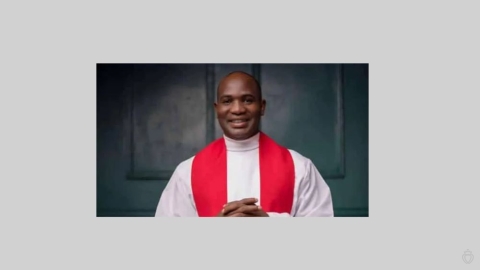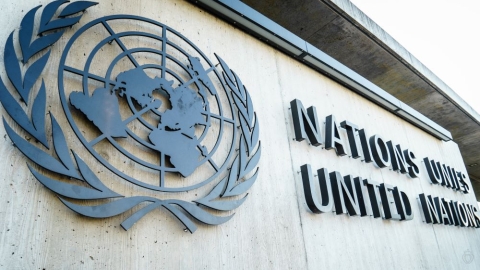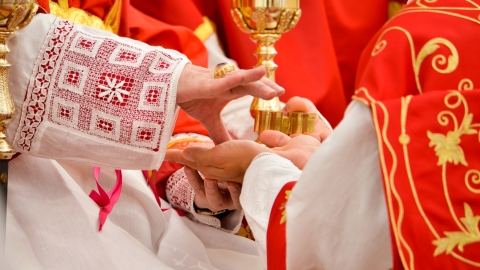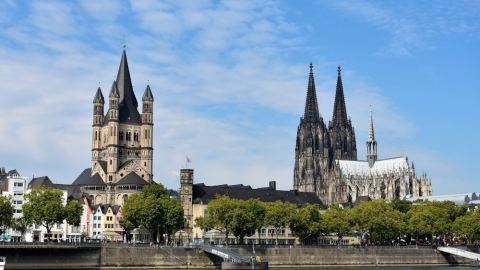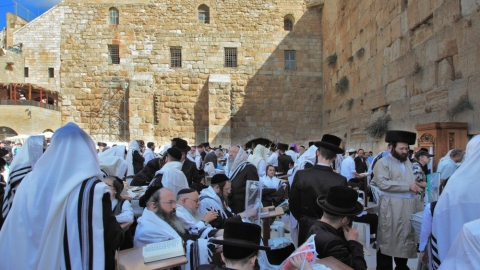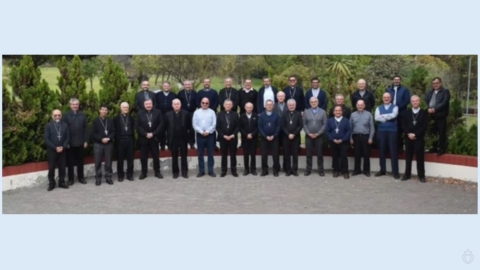Germany: The Progressives’ New Crusade
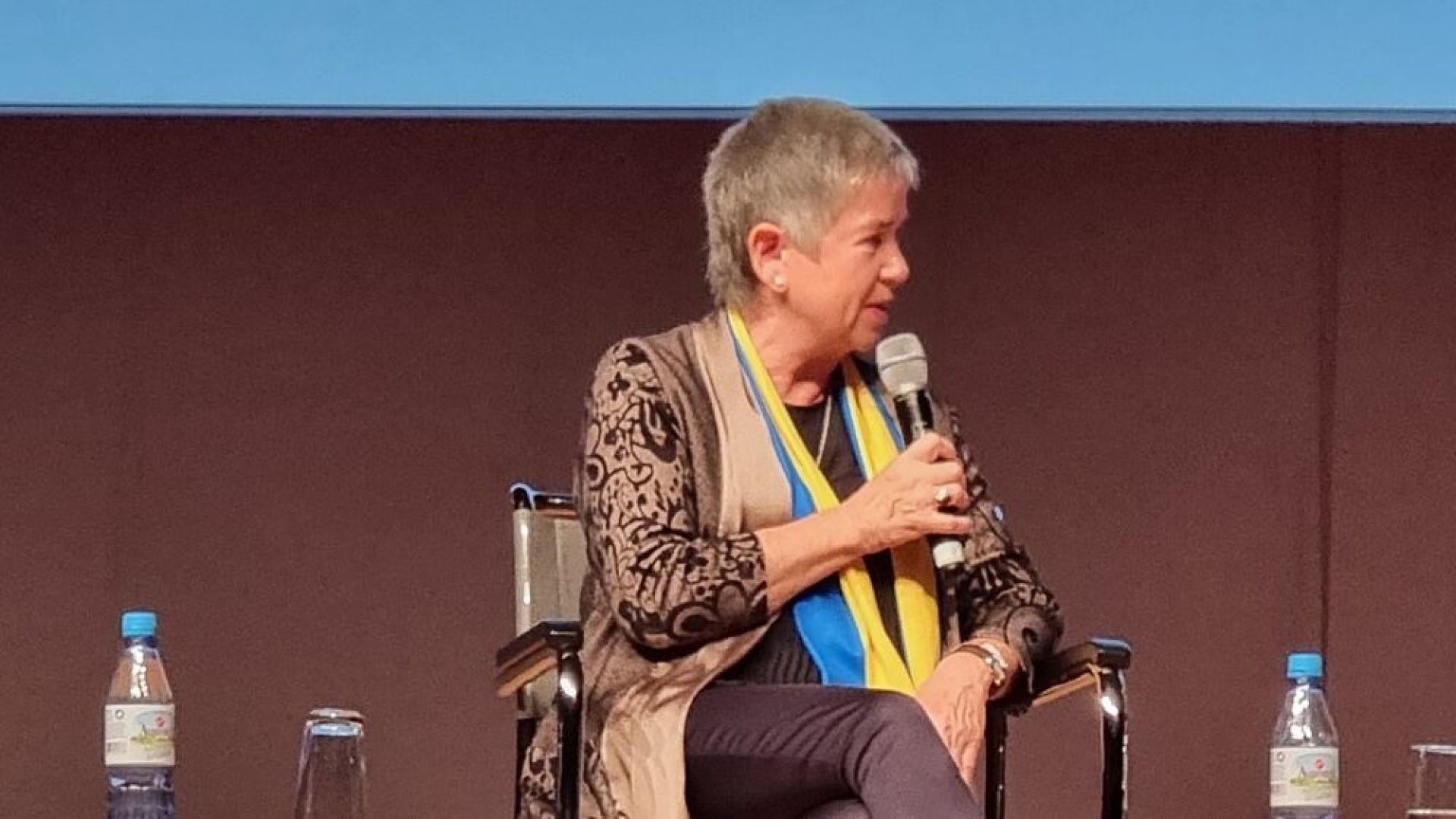
Mrs. Irme Stetter-Karp
Irme Stetter-Karp is once again on a crusade. She is not in favor of the culture of life. The president of the powerful Central Committee of German Catholics (ZdK) has long called for expanding access to abortion nationwide, but in the political sphere.
The progressives risk placing themselves on a rather slippery slope, by declaring war on the Alternative for Germany (AfD) party. On August 15, 2023, the president of the ZdK declared that the members of this party, to which they assign the image of a muscular and uninhibited Right, should be prohibited from exercising any role whatsoever within parishes.
For Mrs. Stetter-Karp, “Active support for the AfD contradicts fundamental values when it comes to aligning the Church with progressive values,” as demonstrated by her positions. They are values on which the leader of the German Catholic laity does not hesitate to tread in the process of the Synodal Path across the Rhine.
The remarks of the president of the ZdK provoked a rapid reaction from members – particularly Catholics – of the AfD: Maximilien Krah, member of the European Parliament, stepped up to denounce, through the ZdK, a driving force of synodal reformism: “The Central Committee of German Catholics is a club of civil servants who live off the Church and who have an aversion to it and to the faith,” he wrote on “X” on August 16.
Subsequently clarifying her remarks to the Bayerischer Rundfunk, Irme Stetter-Karp added that she intended to ban AfD Catholics from all positions dependent in any way on the Church: from parish councils to daycare centers, through Catholic associations. . . in short, a form of ecclesial and social death.
Comments relayed by Thomas Schüller: for this lawyer in ecclesiastical law, it is urgent that Catholic associations modify their statutes in order to block the way for members of the AfD. An inappropriate measure in the eyes of Stefan Korioth, professor of public law and ecclesiastical law at the Ludwig Maximilian University in Munich, given that the incriminated party is authorized in the country.
In any case, it is appropriate to question the real motives of this witch hunt carried out by the proponents of the most progressive line of the German synod. Does wanting to block the path of AfD Catholics, on the ground that some of its positions go against the values of the Gospel, really make sense when the progressives fraternize with other parties clearly hostile to the morality of the Church?
It is an indignation of variable geometry which hides less laudable intentions which must be placed in the political context (this one ecclesiastical) of the synod. It is a question of muzzling by pillorying all Catholics opposed to progressive doctrines.
Moreover, in her intervention against AfD Catholics, the president of the ZDK betrays herself by evoking, to express concern, the growth of the “restorationist tendency” within the Church. We see that the cantors of the German synodal path perhaps feel that the wind is turning against them and the powerful voices of the laity who announced a better future in the Church are reduced to singing a swan song.
In any case, at the AfD they are rubbing their hands. Every time Irme Stetter-Karp speaks against the party, Catholics join it.
(Sources : Die Tagepost/Katolisch.de/The Pillar – FSSPX.Actualités)
Illustration : Christian Pulfrich, CC BY-SA 4.0, via Wikimedia Commons
